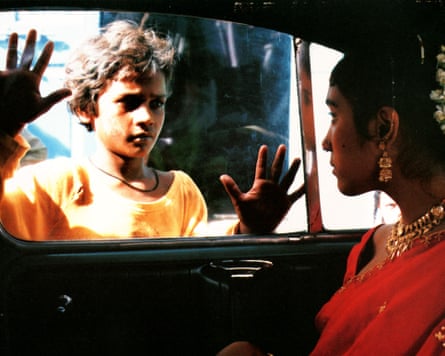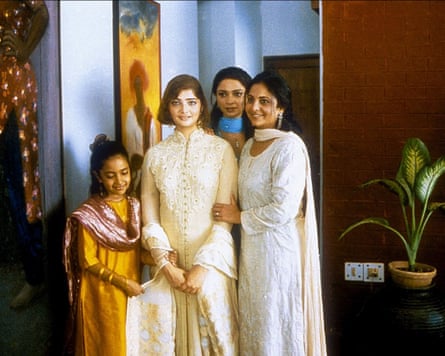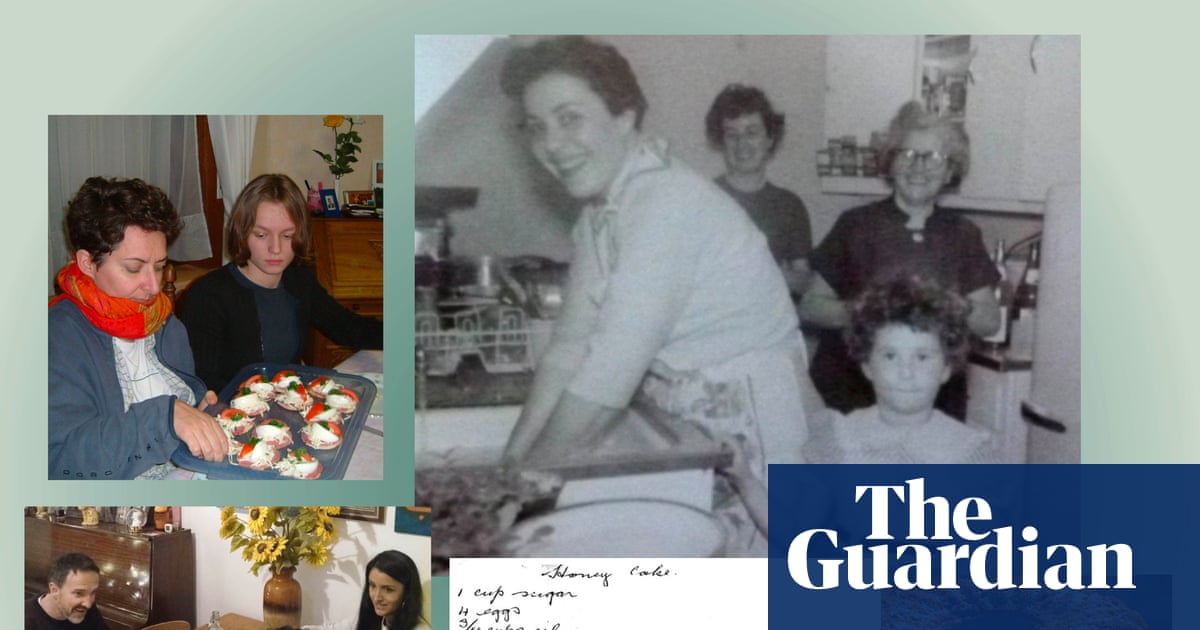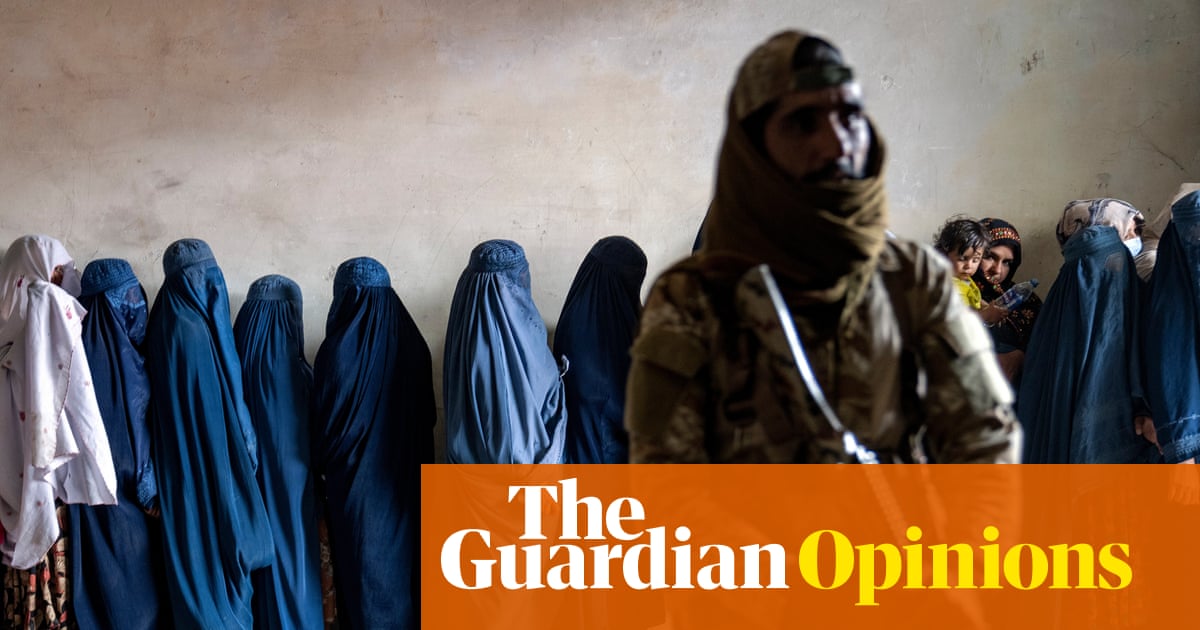When Zohran Mamdani was elected as New York City’s first Muslim mayor and the youngest since 1892, headlines naturally focused on his groundbreaking political rise. But for many, the spotlight also turned to a name that had already long resonated on the global stage – his mother Mira Nair.
A pioneering film-maker with a career spanning more than three decades, Nair has continually reshaped how south Asian identity is portrayed on screen. Now, with her son taking a major public office, the cultural legacy she built appears to echo in the next generation.
Born in India and educated in Delhi and at Harvard, Nair has always straddled worlds. That cultural, geographic and emotional mix sits at the heart of her storytelling.

Her debut feature, Salaam Bombay! (1988), described by the Guardian as “fiercely unsentimental and throbbing with energy”, was a visceral portrait of life on the streets for India’s abandoned children, earning her instant recognition as a film-maker. It marked the start of a body of work that explores identity, migration and belonging with an unusual subtlety – issues that also lie at the heart of her son Mamdani’s political vision.
The film earned an Oscar nomination for best foreign language film – making it only the second Indian film to ever be up for an Academy Award – and won the Caméra d’Or (for debut directors) at Cannes, and became only the second Indian film ever nominated for an Oscar. Nair used the film’s proceeds to establish the Salaam Baalak Trust, a nonprofit that still provides support for street children in Delhi and Mumbai.
Her 1991 follow-up, Mississippi Masala, starring a young Denzel Washington and Sarita Choudhury, was one of the earliest films to explore the racial complexities faced by Indian immigrants in America’s deep south. Centered on an interracial love story, it tackled themes of identity, displacement and belonging with rare sensitivity. The film cemented Nair’s reputation as a chronicler of cross-cultural lives and premiered at Venice, where it won the prize for best screenplay.
That same fearless spirit drove her more provocative and globally diverse choices in the years that followed. In Kama Sutra: A Tale of Love (1996), Nair explored female sensuality and agency in 16th-century India – a theme rarely addressed in Indian cinema.

But it was Monsoon Wedding (2001) that cemented her mainstream success. The vibrant family dramedy, set during a chaotic Delhi wedding, captured the tension between tradition and modernity with a joyous, unsentimental tone. It won the top prize – the Golden Lion – at Venice and became a global hit, especially in the UK, where its story of diaspora identity, arranged marriage, and familial dysfunction struck a chord with British south Asians.
She followed it five years later with an adaptation of Jhumpa Lahiri’s The Namesake, a meditative film that followed an Indian-American family across decades. Quiet, contemplative and beautifully shot, the film stands as one of the most emotional explorations of cultural duality ever put on screen. Like her earlier work it focused on how it feels to live in two worlds and belong fully to neither.
Nair’s 2012 adaptation of Mohsin Hamid’s The Reluctant Fundamentalist – with Riz Ahmed as a Pakistani man imperilled in the US after 9/11 – was bold and provocative, while 2016’s Queen of Katwe was a nuanced but crowd-pleasing biopic of Phiona Mutesi, a chess prodigy from the slums of Kampala, Uganda.
Nair’s work has long disrupted the stereotypes imposed on south Asians in cinema. Her characters are complex, her narratives expansive, defined by contradiction, intimacy and emotional truth. Though unapologetically political, her films avoid didacticism, letting her themes unfold through the language of family and memory.
That same vision may have shaped her son’s political outlook. Mamdani, a former housing rights activist and state assemblyman, has spoken about the influence of his parents, particularly his mother’s emphasis on cultural rootedness and justice.
Nair’s influence is not only cinematic but also civic and a form of cultural activism that brought dignity and humanity to marginalised lives. From street children and undocumented migrants to queer lovers and second-generation immigrants, her protagonists are never peripheral. They are the story.
And even as she moved into new forms, directing opera, teaching, founding a film school in Kampala, Nair’s commitment to storytelling as empowerment has remained unwavering. Her most recent work, the series A Suitable Boy (2020), adapted from the Vikram Seth novel, was the first BBC series to feature an all-Indian cast.
Now, as the city of New York welcomes a mayor who represents a new kind of American leadership, young, brown, Muslim it’s hard not to see the through-line. Long before her son ever canvassed a street in Queens, Nair was laying the groundwork for a more inclusive cultural landscape one film at a time. Mamdani paid tribute to that legacy: “To my parents, mama and baba: You have made me into the man I am today. I am so proud to be your son.”

 2 months ago
41
2 months ago
41

















































